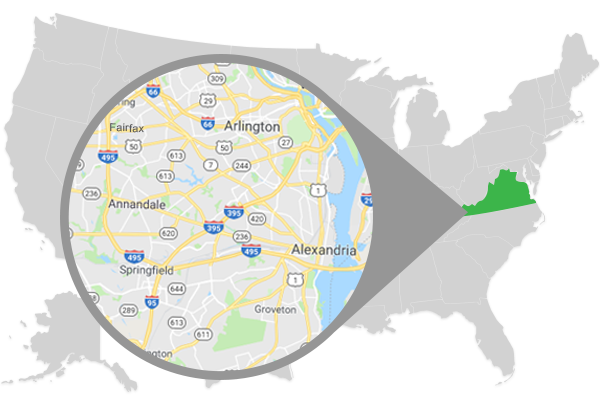The science of water: Water is a unique element, and when it freezes, water expands and takes up more space. This expansion puts tremendous pressure on whatever is containing it, including plastic or metal pipes. No matter the strength the container, expanding water can and will cause pipes to break.
Pipes that are more prone to freeze most frequently are:
Pipes that are exposed to severe cold, like outdoor hose bibs, swimming pool supply lines, and water sprinkler lines.
Water supply pipes in unheated interior areas like basements and crawlspaces, attics, garages, or kitchen cabinets.
Pipes that run against exterior walls that have little or no insulation.
How to protect pipes from freezing
Before the onset of cold weather, be proactive and protect your pipes from freezing by following these tips our experts at Summit Environmental Solutions recommend:
Drain water from swimming pool and water sprinkler supply lines following the manufacturer’s or installer’s directions. DO NOT put antifreeze in these lines unless directed by the manufacturer. Antifreeze is environmentally harmful and is dangerous to humans, pets, wildlife, and landscaping.
Remove, drain, and store hoses that are used outdoors, in the garage. Close inside valves supplying outdoor hose bibs. Open the outside hose bibs to allow water to drain. Keep the external valve open a little bit so that any water remaining in the pipe can expand without causing the pipe to break.
Add insulation to attics, basements, and crawlspaces. Insulation will maintain higher temperatures in these areas which is essential to prevent freezing.
In unheated areas, check around the home for other areas where water supply lines are. Look in the garage, and under kitchen and bathroom cabinets. Both hot and cold water pipes in these areas should be insulated.
Consider installing specific products made to insulate water pipes like a “pipe sleeve” or installing UL-listed “heat tape,” “heat cable,” or similar materials on exposed water pipes. Newspaper can provide some degree of insulation and protection to exposed pipes – even ¼” of newspaper can provide significant protection in areas that usually do not have frequent or prolonged temperatures below freezing. For the best protection, call Summit to have an insulation specialist to do a free evaluation for insulation.
Consider relocating exposed pipes to provide increased protection from freezing.
How to prevent frozen pipes
- Keep garage doors closed if there are water supply lines in the garage.
- Open kitchen and bathroom cabinet doors to allow warmer air to circulate the plumbing. Be sure to move any harmful cleaners and household chemicals up out of the reach of children.
- When the weather is frigid outside, let the cold water drip from the faucet served by exposed pipes. Running water through the pipe – even at a trickle – helps prevent pipes from freezing.
- Keep the thermostat set at the same temperature both during the day and at night. By temporarily suspending the use of lower nighttime temperatures, you may incur a higher heating bill, but you can prevent a much more costly repair job if pipes freeze and burst.
- To prevent freezing, If you will be going away during cold weather, leave the heat on in your home, set to a temperature no lower than 55° F.
How to thaw frozen pipes
If you turn on your faucet and only a trickle comes out, suspect a frozen pipe. Likely places for frozen pipes include exterior walls or where your water service enters your home through the foundation.
Keep the faucet open. As you treat the frozen pipe and the frozen area begins to melt, water will start to flow through the frozen area. Running water through the pipe will help melt ice in the pipe.
Apply heat to the section of pipe using an electric heating pad wrapped around the pipe, an electric hair dryer, a portable space heater (kept away from flammable materials), or by covering pipes with towels soaked in hot water. Do not use a blowtorch, kerosene or propane heater, charcoal stove, or other open flame devices.
Apply heat until full water pressure returns. If you are unable to locate the frozen area, if the frozen area is not accessible, or if you can not thaw the pipe, call a licensed plumber.
Check all other faucets in your home to find out if you have additional frozen pipes. If one pipe freezes, others may freeze, too




